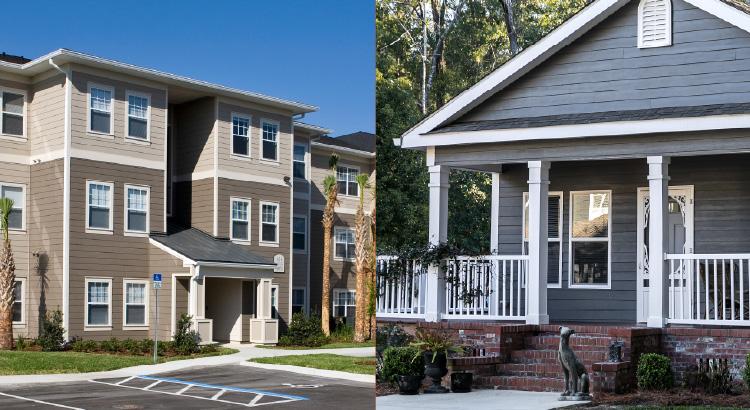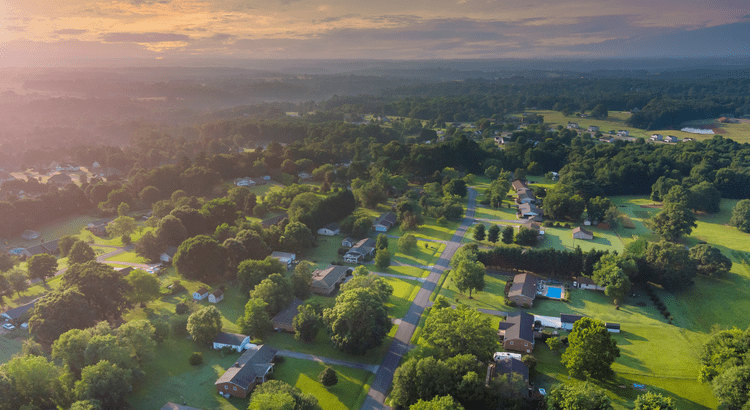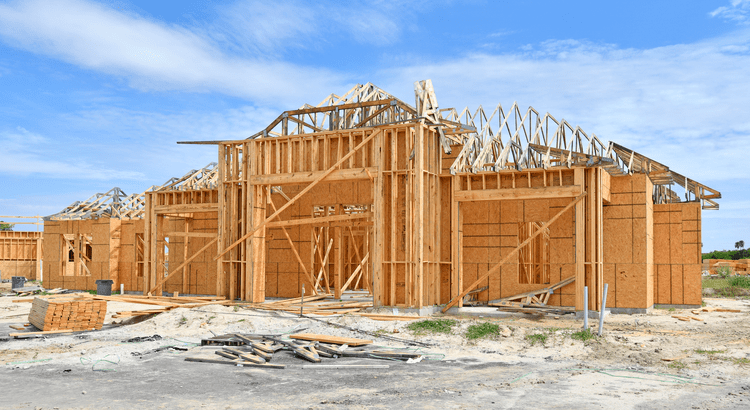
Headed Back Into the Office? You May Decide To Move
It’s no secret that remote work has surged over the last few years. And that flexibility gave a lot of people the freedom to move — and work — from wherever they wanted.But now, a growing number of companies are requiring employees to return to the office. And that’s leading some people to make deci

More Buyers Are Making Moves — Is It Time To Sell?
More people are taking steps to buy a home. And, if you’ve been waiting for the right time to move, this may be the sign you’ve been looking for.For the past few years, a lot of would-be homebuyers hit pause on their plans. With rising mortgage rates and affordability challenges, buying just didn’t

Is It Better To Rent or Buy a Home Today?
Some HighlightsA study shows that 70% of prospective buyers fear the long-term consequences of renting. And here’s why.Rent usually rises over time and that can make it harder to save up to buy a home. But when you buy, you can stabilize your housing expenses and grow your net worth as home values
Categories
Recent Posts











